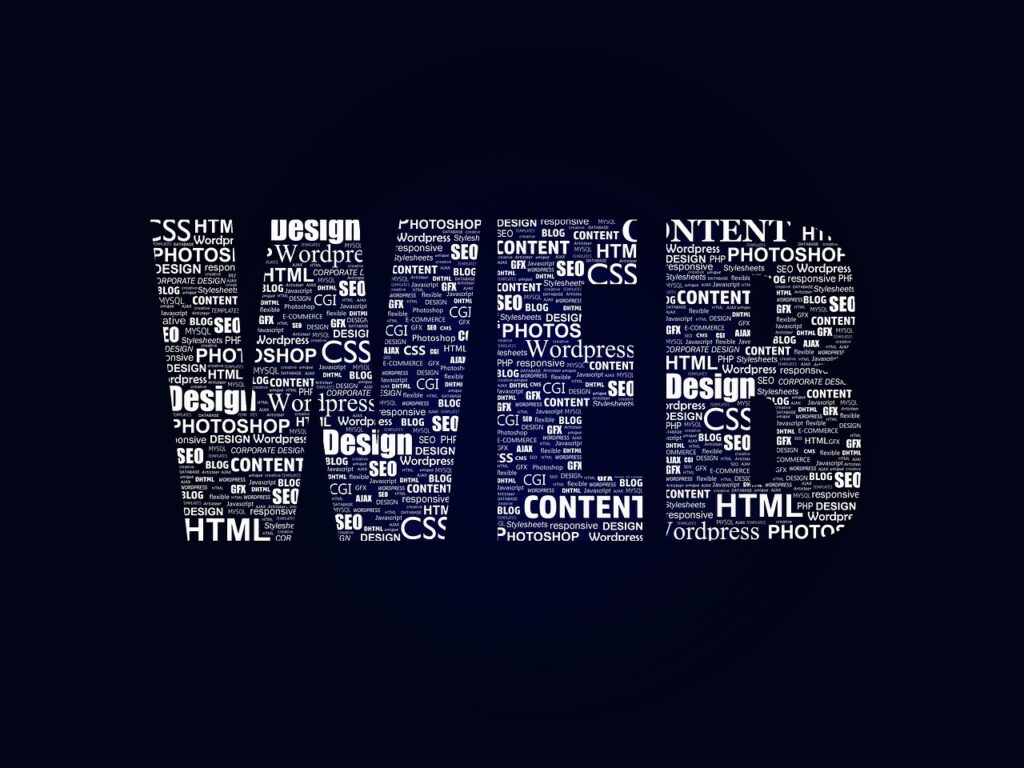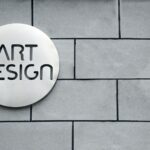Welcome to our comprehensive guide on AI in web design. In this article, we will delve deep into how AI is transforming the way we design websites, from ideation to deployment. Let’s explore the best AI tools for web designers, the future of web design with AI, and the benefits of integrating AI in the web design workflow.
How to Begin with AI in Web Design
Starting with AI in web design can feel overwhelming, but breaking it down into smaller steps can make it more manageable. Begin by familiarizing yourself with the AI-powered web design tools available in the market.
Tools for AI in Web Design
Some of the best AI tools for web designers include AI design assistants, AI website builders, and AI-powered prototyping tools. These tools can help streamline the design process and generate innovative ideas.
Common Mistakes when Using AI
One common mistake is relying too heavily on AI without considering human creativity and intuition. It’s important to strike a balance between AI-generated suggestions and your own design expertise.
Examples of AI-Powered Web Design
Take inspiration from AI-powered web design examples like The Grid and Wix ADI, which demonstrate the potential of AI in creating responsive and visually appealing websites.
Tangents and Casual Side-Notes
Integrating AI in web projects can significantly enhance efficiency and creativity, but it’s essential to also consider the ethical implications and potential challenges of using AI in web design.
Quick Takeaways:
- Aim to strike a balance between AI assistance and human creativity.
- Explore AI-powered tools like design assistants and website builders.
- Consider the ethical considerations of using AI in web design.
- Stay updated on AI design trends and innovations.
- Experiment with integrating AI in different stages of the web design process.
The Future of Web Design with AI
AI is set to revolutionize the future of web design by offering new possibilities in UI/UX design, responsive design, and website prototyping. As AI continues to evolve, web designers will need to adapt to new ways of working that incorporate AI seamlessly into their projects.
AI for UX Design
AI can enhance user experience design by analyzing user behavior data and personalizing website interactions. By leveraging AI insights, designers can create more intuitive and user-friendly interfaces.
Integrating AI in Web Projects
When integrating AI in web projects, it’s crucial to understand how AI can optimize tasks, such as content generation, image recognition, and user data analysis. By embracing AI, web designers can streamline workflows and deliver more engaging digital experiences.
Benefits of AI in Web Design
Some of the key benefits of using AI in web design include faster prototyping, enhanced user engagement, improved design consistency, and data-driven decision-making. AI empowers designers to focus on creativity and innovation while automating repetitive tasks.
AI Design Trends
Keeping up with AI design trends is essential for staying competitive in the rapidly evolving digital landscape. Explore AI-driven UI design, voice-activated interfaces, and AI-generated content to stay ahead of the curve in web design.
AI in UI Design
AI can assist in creating user-centric interfaces by analyzing user preferences and behavior patterns. By leveraging AI insights, designers can tailor UI elements to match user expectations and create seamless digital experiences.
Quick Takeaways:
- Embrace AI to enhance user experience and streamline design workflows.
- Stay informed about AI design trends and innovations in the field.
- Experiment with AI-powered tools for UI design and website prototyping.
- Consider the ethical implications of using AI in web design.
- Collaborate with AI to boost creativity and efficiency in your projects.
Conclusion
In conclusion, AI is reshaping the landscape of web design and offering new possibilities for designers to innovate and create exceptional digital experiences. By harnessing the power of AI tools and technologies, web designers can optimize their workflows, enhance user engagement, and stay ahead of design trends.
As we look towards the future of web design with AI, it’s important to embrace the ethical considerations and potential challenges that come with integrating AI in the design process. By balancing human creativity with AI-driven insights, designers can unlock new levels of creativity and efficiency in their work.
FAQs:
Q – How can AI improve website responsiveness?
A: AI algorithms can analyze user behavior and device preferences to optimize website responsiveness and performance.
Q – What are the best AI tools for website prototyping?
A: Tools like Sketch2Code and Eva Design automate the prototyping process using AI algorithms for faster and more accurate results.
Q – How does AI impact the role of web developers?
A: AI tools can assist web developers in automating repetitive tasks, optimizing code efficiency, and enhancing user experience through data-driven insights.
Q – Can AI assist in creating personalized user experiences?
A: Yes, AI can analyze user data to create personalized recommendations, content, and interactions based on individual preferences and behavior patterns.
Q – What are the potential ethical challenges of using AI in web design?
A: Ethical challenges include data privacy concerns, bias in AI algorithms, and the impact of AI on human creativity and job roles in the design industry.


